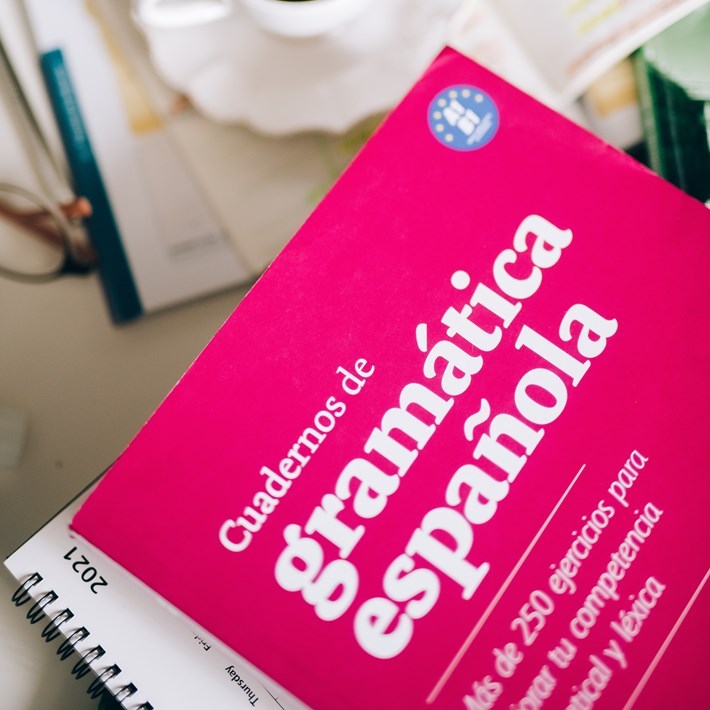Introduction to British sign language
Ever wanted to learn sign language? Dive into the beauty of sign language and learn a few basic signs on our Introductions to British sign language course which coincides with National BSL day on 28 April.
| Next Start: | 22/04/2025 |
|---|---|
| Day: | Tuesday |
| Time: | 18:30 - 20:30 |
| Availability: | Yes |
| Venue: | Macbeth Centre |
| Fees: |
|



A revision of the language structures and vocabulary covered in levels 1 & 2.1. Grammar includes: verb tenses: present, future, preterite, perfect, pluperfect, conditional, subjunctive; adjectives: interrogative, possessive, comparative, superlative; direct and indirect object pronouns; prepositions; adverbs. We will ensure lots of practice in listening and understanding, speaking, reading and writing
Students with a lower intermediate level of Spanish who wish to improve their knowledge and skills to be able to converse freely over a range of topics, to read well, and to write simple correct language. You may be able to work towards acreditation if desired
Two years' adult education classes or equivalent. You should be able to speak about the past and the future and sustain a simple conversation. For brief details, look at the Guide; for complete details, get the Course Information Sheets for year 1 and 2
Speak fairly fluently and with confidence about: your day to day life, work, leisure,travel and holidays, your family and friends, your tastes and opinions, your urroundings, future plans, past events. Speak on the telephone as well as face to face with a variety of native speakers about all the above, plus: making arrangements, giving and understanding instructions, information, invitations. Follow a TV programme/a movie; discuss news items and events ; read and get the gist of newspaper and magazine articles. Write short letters, cards, faxes, e-mails.
The methods used are communicative and interactive, practising all four skills, with a little more emphasis on reading and writing than in lower levels. Activities include listening comprehension with related written work, reading authentic texts, grammar exercises to achieve correctness of usage, language games, role plays. Use of English is kept to a minimum!
The best way to learn a language is to do a little and often! So try and do some language-related activity for round 20 minutes EVERY DAY. As well as the homework set, try and listen to a tape, the radio, watch TV programmes, use the internet, go to Spanish language films, restaurants etc. Find a native speaker to practise with
Your progress is monitored by the tutor. You're also encouraged to keep a record of the coursework you complete in your ILP (Individual Learnng Plan), so that you can spot problems and make sure they are dealt with sooner rather than later! Your oral and written work is assessed continuously, in class and by your homework.
Spanish Upper-Intermediate Stage 1
Text books and cassettes or CDs - the tutor will advise. A good dictionary. Folders, notebooks, vocabulary books. Look at the BBC website for further material: www.bbc.co.uk/languages
Help with literacy or numeracy is available through the basic education programme and the ESOL programme offers help for speakers of other languages. Additional support can be provided for students with learning difficulties and/or disabilities. Details are available from the guide and from teaching or reception staff.
Macbeth Street London W6 9JJ
Tel:020 8753 3600
Tube:Hammersmith
Buses:27, 190, 211, 266, 267, 295, 391, H91